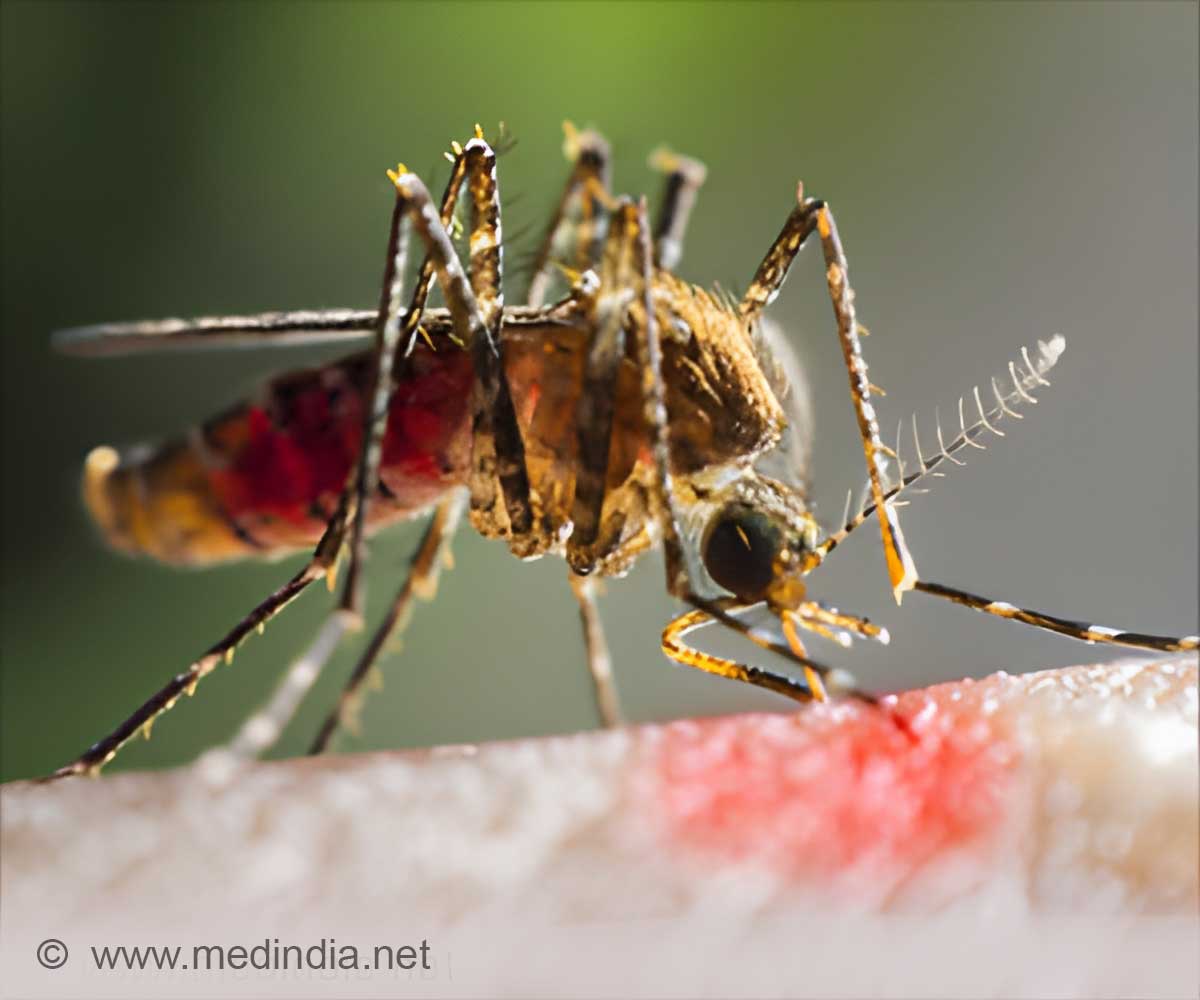
‘As some experts criticized the Brazilian government's response, the President Dilma Rousseff has vowed to 'win the war' against the Zika virus. Experts also warned that Olympics could fuel the spread of the disease.’
Tweet it Now
She said, "As long as (the mosquitoes) are reproducing, we are all losing the battle. We have to mobilize to win it. We are going to win this war. We are going to show that the Brazilian people are capable of winning this war." Her comments came after her own health minister warned that Brazil was 'losing the war against Aedes aegypti', the mosquito that carries the virus.
At the epicenter of the outbreak, in Bahia state in northeastern Brazil, one health expert deep in the trenches of the Zika fight accused Rousseff's administration of acting too late, and warned that the Olympics in Rio de Janeiro pose a transmission risk.
Gubio Soares, a virologist at the Federal University of Bahia who was the first to isolate the Zika virus in Brazil, in April 2015, said, "The Brazilian government has not fought the mosquito population. That is Brazil's great sin. Cities are not fulfilling their duty to hire qualified people (for mosquito eradication). Campaigns to fight mosquitoes are insufficient."
Despite promises by authorities in Rio de Janeiro to step up mosquito control measures for the Olympics in August, Soares warned the Games - which are expected to bring hundreds of thousands of visitors from around the world - risked turning into a vector. He said, "I don't think (Zika) will threaten the Games, but it will be a source of transmission."
Advertisement
Brazil, the hardest hit, sounded the alarm in October 2015, when a rash of microcephaly cases emerged in the northeast.
Advertisement
The otherwise mild Zika virus is also suspected of causing a rare neurological disorder called Guillain-Barre syndrome in some patients, in which the immune system attacks the nervous system, causing weakness and sometimes paralysis.
Most patients recover, but the syndrome is sometimes deadly.
The World Health Organization has warned that Zika is spreading 'explosively' through the Americas, predicting up to four million cases.
The WHO expects the virus to spread to every country in the Americas except Canada and Chile. It is currently present in 23 countries and territories in the region.
Jitters over Zika, which causes flu-like symptoms and a rash, have spread to the United States and Europe, where dozens of returning travelers have been diagnosed with the disease.
Several governments have warned pregnant women against traveling to affected countries, and several major airlines are now offering refunds to expecting mothers booked for travel to Latin America.
Colombia, Ecuador, El Salvador, Jamaica and Puerto Rico have meanwhile warned women to avoid getting pregnant.
In Brazil, authorities have deployed a small army of sanitation workers to fumigate against mosquitoes and clean up the stagnant water where they breed.
Brazilian officials say they are handing out insect repellant - whose price has gone up since the Zika outbreak began in 2015 - to 400,000 pregnant women on social welfare.
There is currently no specific treatment for Zika, and no way to prevent it other than to avoid mosquito bites.
US President Barack Obama has led calls for faster research on the virus, but experts warn the hunt for a vaccine could take years.
Source-AFP










